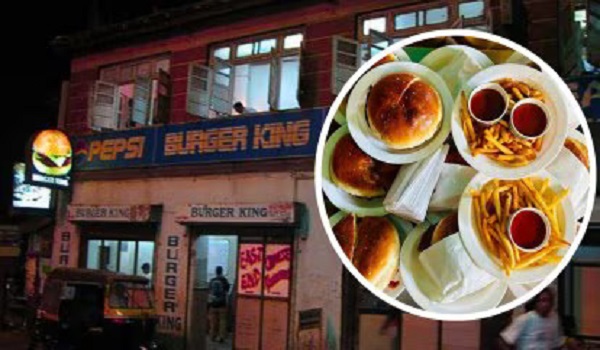In a significant legal victory for a local Pune eatery, the Burger King Corporation has lost a 13-year-long legal battle over trademark infringement. The U.S.-based fast-food giant filed a lawsuit in 2011 against the namesake restaurant in Pune, seeking a permanent injunction, damages, and the prevention of what it claimed was trademark infringement. However, the court ruled in favour of the Pune-based restaurant, dismissing all claims made by Burger King Corporation.
Pune District Judge Sunil Vedpathak, in a judgement delivered on August 16, stated that the multinational company failed to prove that the local eatery had infringed upon its trademark. The court highlighted that the city-based restaurant, also named “Burger King,” had been operating since 1991–92, well before the U.S. chain entered the Indian market in 2014.
Burger King Corporation had argued that the use of the “Burger King” name by the Pune restaurant was likely to confuse customers and damage the global brand’s reputation. However, the court found no evidence to support these claims. “The pleadings put forth by the plaintiff are totally silent about how customers have been confused due to the use of the trademark ‘Burger King’ by the defendants,” the judgement noted.
The Pune restaurant, owned by Anahita and Shapoor Irani, was also facing a demand for Rs. 20 lakhs in damages. The court, however, dismissed this claim, stating that there was no proof of any actual damage caused to the U.S. chain’s business or reputation. “In the absence of cogent evidence, I find that the plaintiff is not entitled to damages, rendition of accounts, or the relief of perpetual injunction,” the court ruled.
The court further emphasized that Burger King Corporation’s first Indian outlet was only established in New Delhi in November 2014, long after the Pune restaurant had been using the “Burger King” name. The U.S. company had argued that its global reputation, built since 1954, was at risk due to the Pune eatery’s actions. However, the court found these arguments insufficient to warrant any legal action against the local business.
In response, the Iranis accused the lawsuit of being an attempt to bully smaller businesses. They claimed the suit was filed with dishonest intent, and that they had been subjected to harassment, including threatening phone calls, since the legal battle began. They had sought compensation of Rs. 20 lakhs for emotional distress, but the court did not grant this request, citing a lack of evidence beyond oral testimony.
This ruling brings to a close a prolonged and high-profile case, underscoring the complexities of trademark law and the challenges faced by global corporations when navigating local markets.


